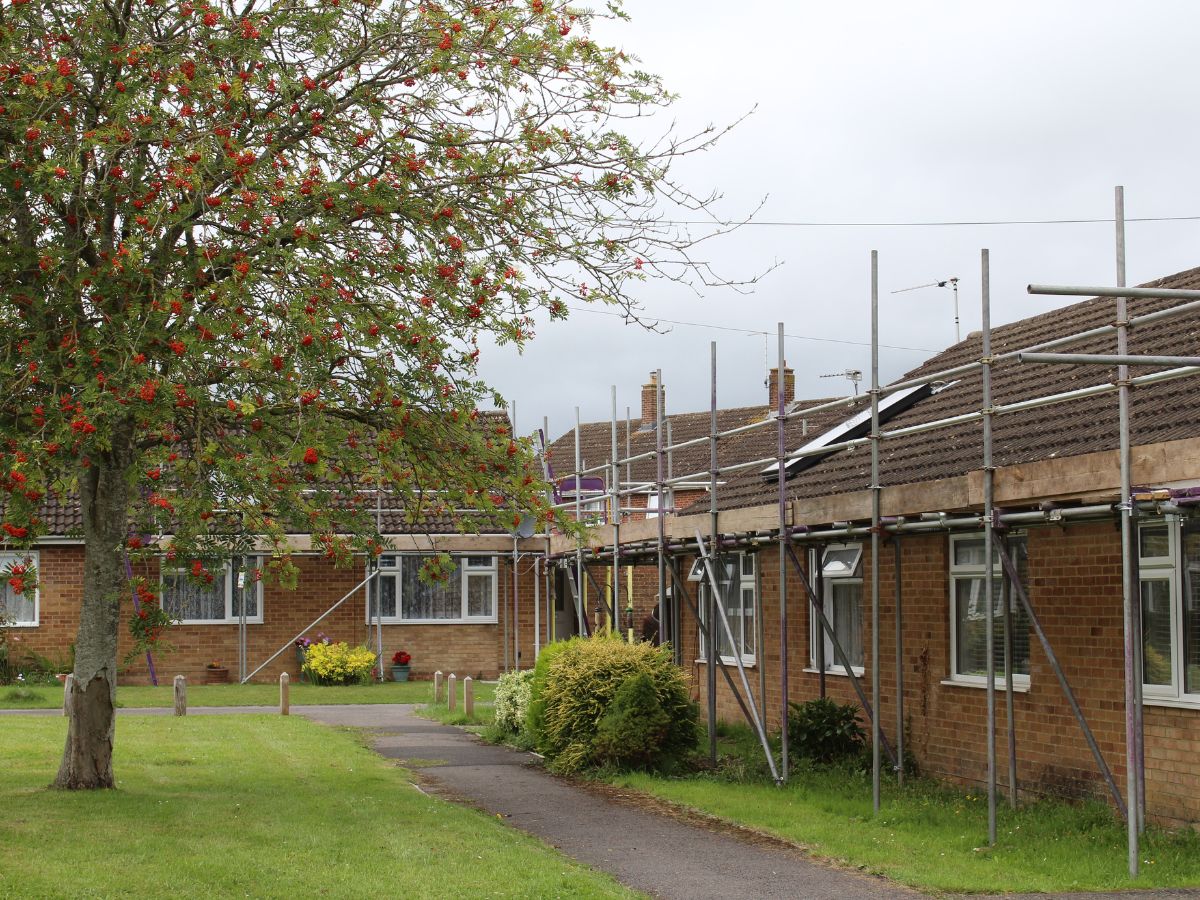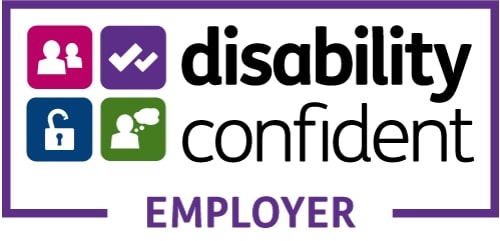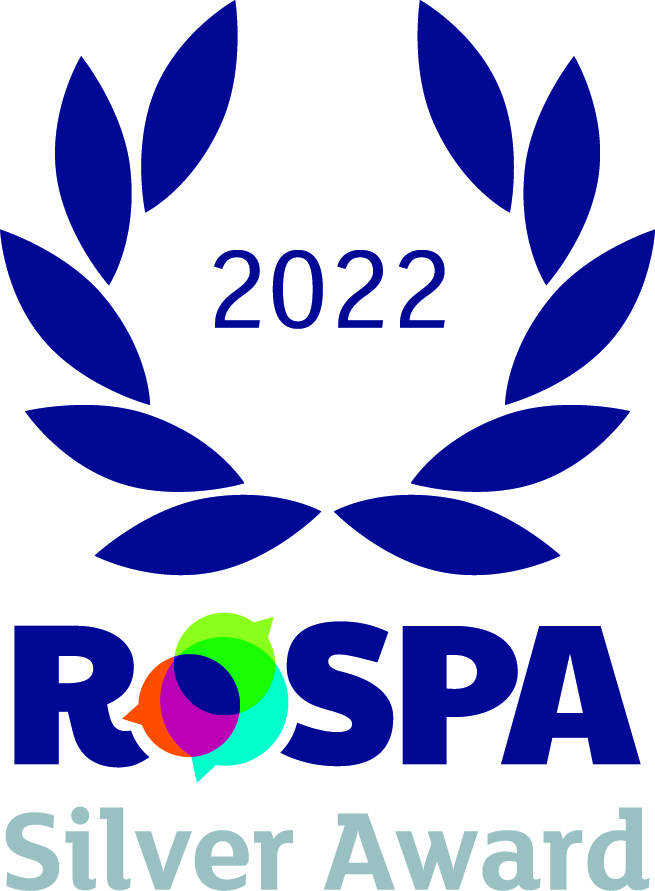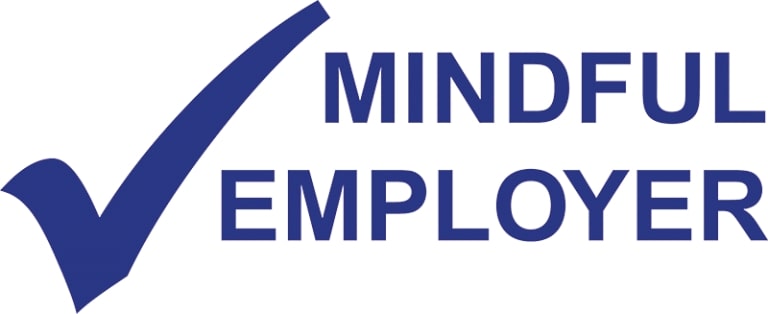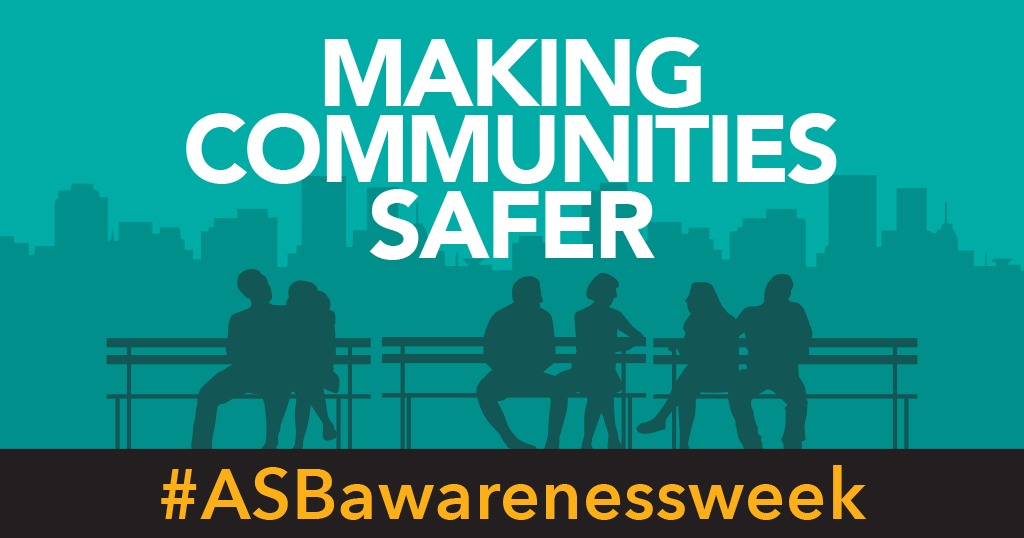
19-25 July was ASB awareness week, so to mark this we spoke to some of neighbourhood team to find out how they deal with ASB.
Reports of ASB (anti-social behaviour) increased by 37% in 2020 making it is more important than ever to highlight the impact it has on the lives of the victims and communities. Antisocial behaviour means acting in a way that causes, or is likely to cause, harassment, alarm or distress to one or more people in another household.
Antisocial behaviour can include:
- Harassment or intimidation
- Verbal abuse
- Criminal damage
- Graffiti and vandalism
- Noise (noise related cases made up a third of our case load last year)
- Substance misuse
- Assault
- Vehicle related nuisance
Resolve’s research shows that more than half of people who experience ASB don’t bother to report it, and almost a quarter of people (23%) said it made them feel unsafe where they live.
People want more to be done to tackle ASB in their local area with 56% of people – and 83% of those who have been a victim of ASB in the last 3 years – calling for more action. Around a third of people (35%) said ASB has increased in their local area in the last three years.
We caught up with some of our neighbourhood team to discuss some examples of partnerships they use when dealing with ASB.
I have had success with many partnerships is ASB cases, particularly Noise Nuisance with Environmental Health. Selwood Housing customer can download Noise Nuisance to their phone using the Noise App, where neighbourhood managers can then listen to it. When not able to prove if it is a statutory Noise Nuisance the app enables, with the customers consent, to share with other agencies such as Environmental Health who can take their own actions. I have found this joint approach has helped to bring several cases to a satisfactory conclusion this year, and victims felt supported by their situation being taken seriously.
Our neighbourhoods team work hard to ensure ASB cases can be resolved to benefit the victims, but also solve why ASB may be happening in the first place.
We have dealt with very complex ASB problem in one of our areas this year. Multiple complaints were received about noise and verbal abuse to neighbours. The neighbourhood manager referred the case to The Anti-Social Behaviour Risk Assessment Conference (ASBRAC) as a multi-agency approach was needed. As a result, support was accessed from the community mental health team and regular patrols were carried out by the local Police Community Support Officers (PCSO). Complaints did however escalate to possession action, but during this process the support started to have an impact, complaints stopped and a Suspended Possession Order was agreed by outside of court. By working alongside the Community Mental Health Team (CMHT) and GP we were able to gather a better insight of their physical, mental health and support needs and the current accommodation made these worse. It was agreed to move the tenant to another property where they can live in a more suitable environment for their needs and still receive the support for their mental health.
Reporting antisocial behaviour
The sooner you involve us, the easier it will be to resolve the problem. In the 2019-2020 financial year we opened 432 antisocial behaviour cases. 97.7% of cases were successfully resolved.
To talk to someone about antisocial behaviour and what you are currently experiencing please speak to your local neighbourhood manager. If you need to speak to someone outside of our office hours call 01225 715 999. We also have a form on our antisocial behaviour page, which also gives guidance on the next steps.




